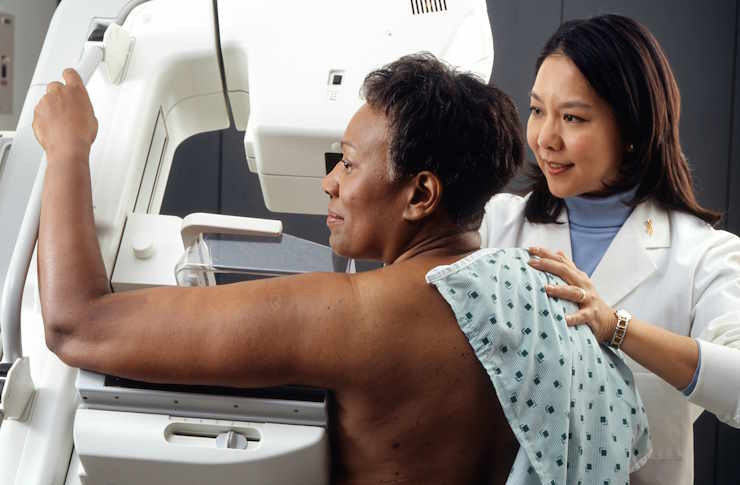Living with Colon Cancer: A Comprehensive Guide
Colon cancer continues to present a major health burden across the globe, affecting individuals of all ages. While the diagnosis can be overwhelming, advances in medical research and treatment have significantly improved the outlook for many patients. Learning about the condition, its risk factors, and treatment options is essential for informed and proactive health management.

Early Warning Signals Matter
Recognizing early signs of colon cancer is crucial for successful treatment. Common symptoms include persistent changes in bowel habits, rectal bleeding, unexplained weight loss, and ongoing abdominal discomfort. These symptoms shouldn’t be ignored, as early detection significantly improves treatment outcomes. While some symptoms may be subtle, any persistent changes lasting more than two weeks warrant medical attention.
Screening: The Cornerstone of Prevention
Regular screening remains the most effective tool for early detection and prevention of colon cancer. Current guidelines recommend regular screenings beginning at age 45 for individuals at average risk. Several screening methods are available, including colonoscopy, stool-based tests, and virtual colonoscopy. Each method has its advantages, and healthcare providers can help determine the most appropriate screening schedule based on individual risk factors.
The Role of Genetic Factors
Understanding genetic predisposition is crucial in colon cancer management. Approximately 5-10% of colon cancers are hereditary, with conditions like Lynch syndrome and familial adenomatous polyposis playing significant roles. Genetic testing can identify individuals at higher risk, allowing for more intensive surveillance and preventive measures. Family history assessment is essential for determining appropriate screening intervals and prevention strategies.
Prevention Through Lifestyle Choices
Lifestyle modifications can significantly impact both prevention and recovery. A diet rich in fruits, vegetables, and whole grains, combined with regular physical activity, helps maintain optimal health. Limiting red meat consumption, avoiding processed foods, maintaining a healthy weight, and abstaining from tobacco use are crucial preventive measures. These lifestyle choices not only reduce cancer risk but also support overall well-being during treatment.
Innovative Treatment Approaches
Modern colon cancer treatment encompasses various approaches, often used in combination for optimal results. Current treatment options include:
| Treatment Type | Description | Typical Application |
|---|---|---|
| Surgery | Primary tumor removal | Early-stage cancer |
| Chemotherapy | Systemic drug treatment | Advanced cases |
| Targeted Therapy | Precision medicine approach | Specific genetic markers |
| Immunotherapy | Immune system enhancement | Select advanced cases |
Treatment costs vary significantly based on stage, approach, and location. Insurance coverage, treatment duration, and facility choice all impact overall expenses.
Prices, rates, or cost estimates mentioned in this article are based on the latest available information but may change over time. Independent research is advised before making financial decisions.
Living with colon cancer requires a comprehensive approach combining medical treatment, lifestyle modifications, and emotional support. Success stories increasingly demonstrate that with proper care and management, many patients achieve positive outcomes and maintain good quality of life. Regular communication with healthcare providers, adherence to treatment plans, and maintaining a support network are essential elements of the journey.
This article is for informational purposes only and should not be considered medical advice. Please consult a qualified healthcare professional for personalized guidance and treatment.




